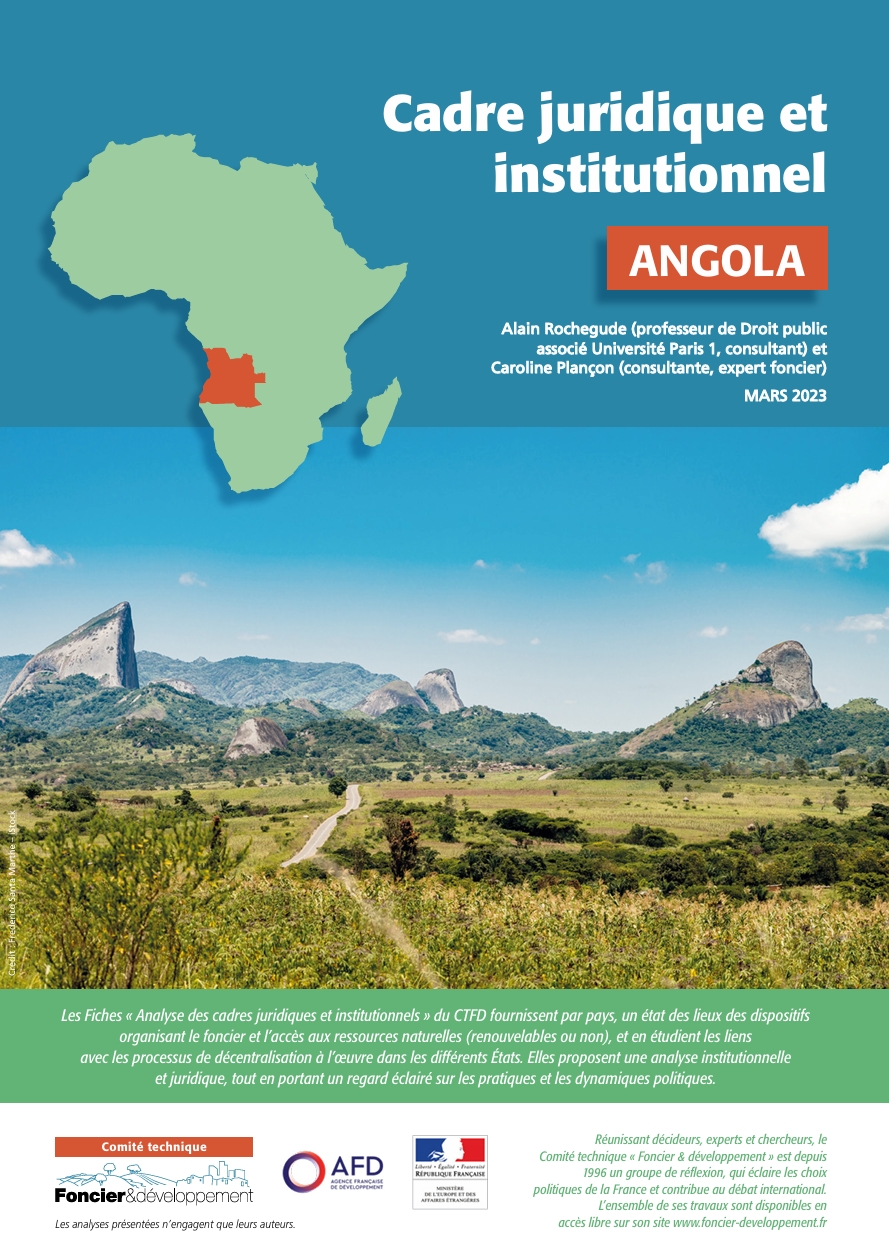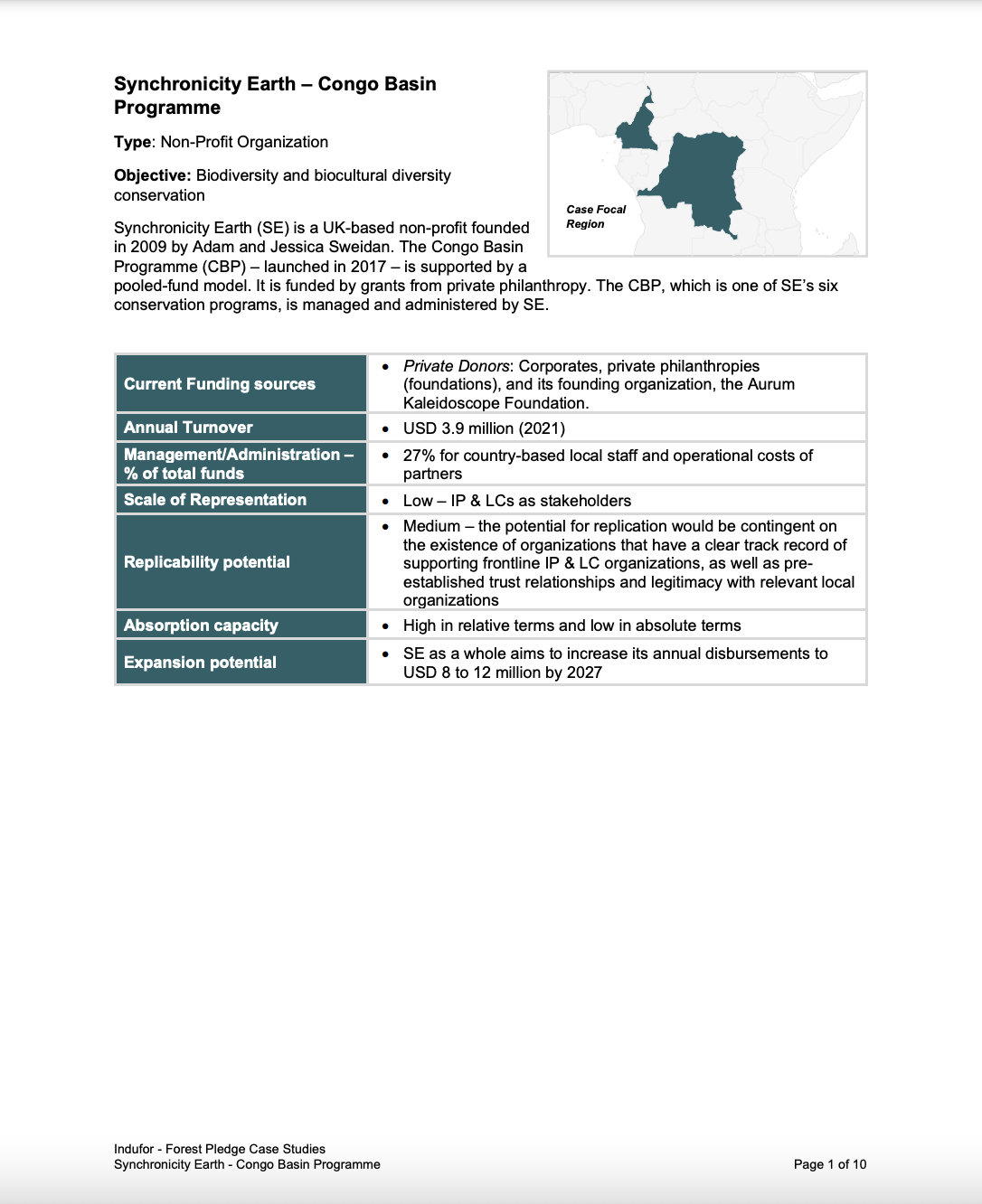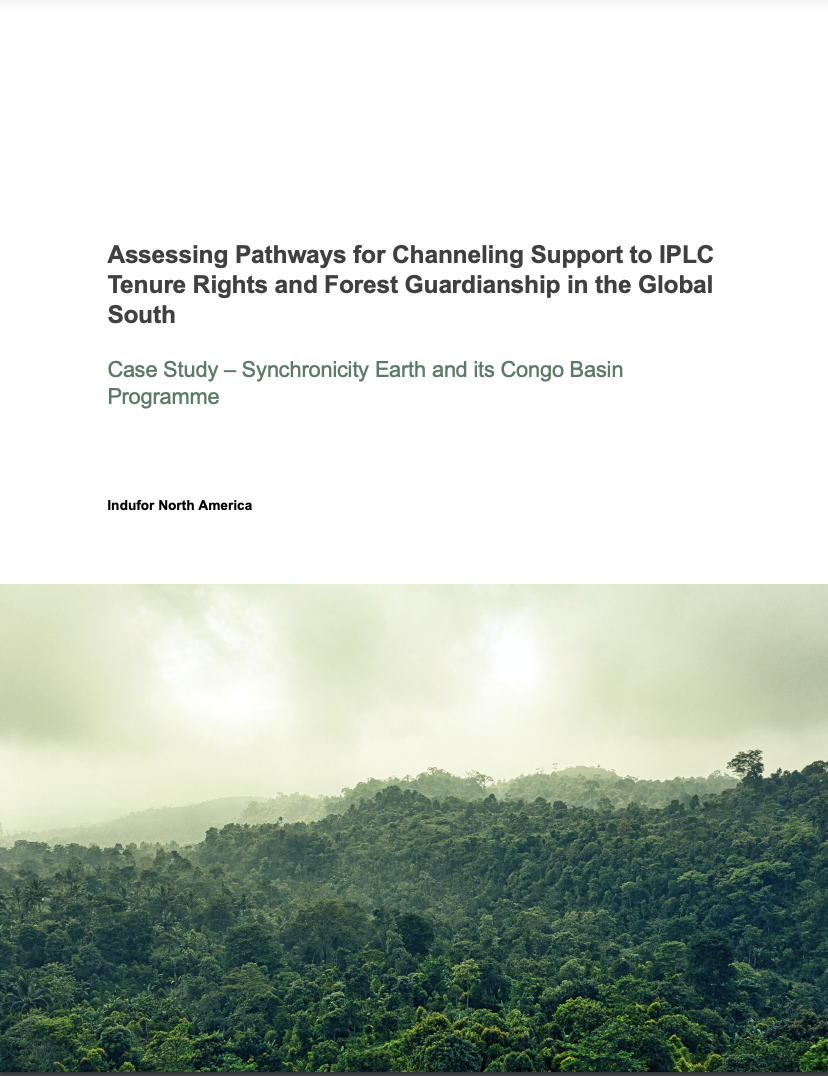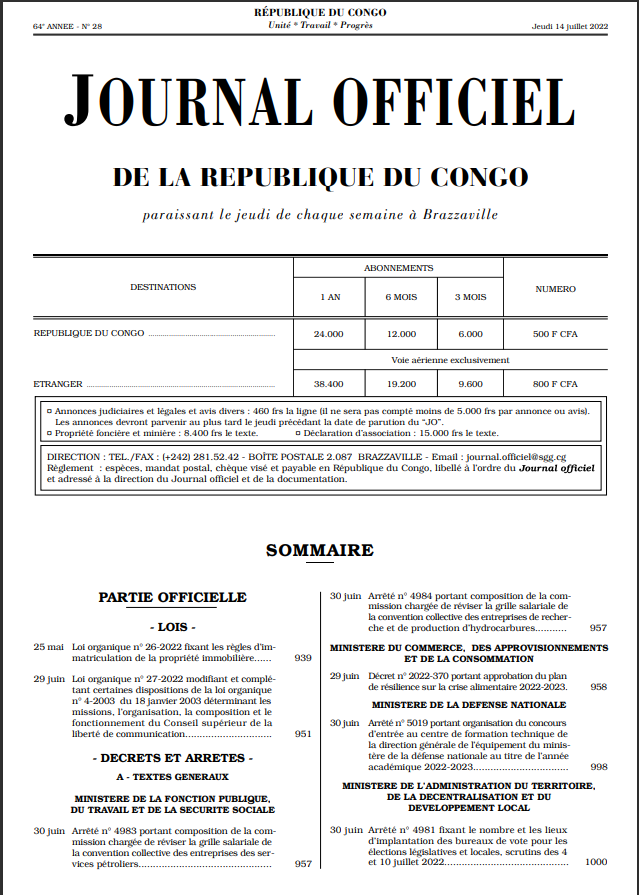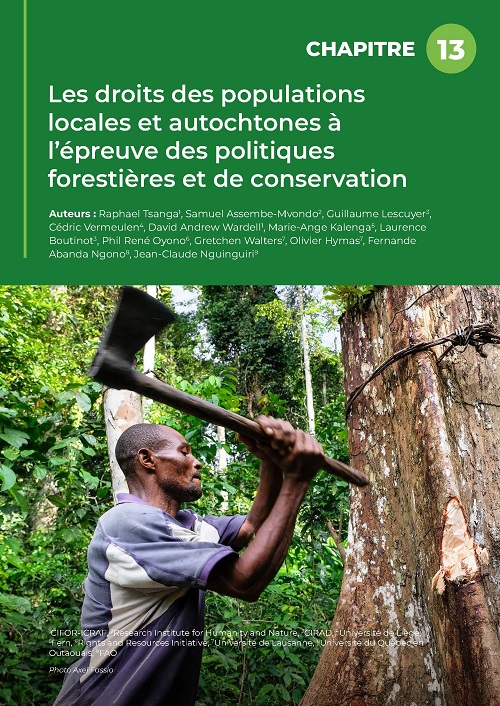Les fiches « Analyse des cadres juridiques et institutionnels » du CTFD fournissent par pays, un état des lieux des dispositifs organisant le foncier et l’accès aux ressources naturelles (renouvelables ou non), et en étudient les liens avec les processus de décentralisation à l’œuvre dans les…
This case study describes the work of the Synchronicity Earth – Congo Basin Programme.
This case study describes the work of the Synchronicity Earth – Congo Basin Programme.
In the Democratic Republic of Congo (DRC), entrepreneurship in the agriculture sector remains for youth a key pillar for income creation. However, few are attracted by agribusiness despite stakeholders’ efforts toward engaging youth in agriculture. Therefore, this study examines the relationship…
In the Democratic Republic of Congo (DRC), entrepreneurship in the agriculture sector remains for youth a key pillar for income creation. However, few are attracted by agribusiness despite stakeholders’ efforts toward engaging youth in agriculture. Therefore, this study examines the…
Small-scale fisheries (SSF) account for much of the global fish catch, but data to assess them often do not exist, impeding assessments of their historical dynamics and status. Here, we propose an approach to assess 'data-less' SSF using local knowledge to produce data, life history…
Establishing protected areas creates an opportunity to reduce deforestation. This study aims to inform the Congolese government’s efforts to promote forest and biodiversity conservation by assessing the effectiveness of the Yangambi Biosphere Reserve (YBR) in reducing deforestation. Group and…
Annonces judiciaires et légales et avis divers : 460 frs la ligne (il ne sera pas compté moins de 5.000 frs par annonce ou avis). Les annonces devront parvenir au plus tard le jeudi précédant la date de parution du “JO”. Propriété foncière et minière : 8.400 frs le texte. Déclaration d’…
Les forêts communautaires ont été invoquées pour la première fois lors de la réforme de la loi de 1994 sur les forêts au Cameroun. Ceci dans le but de permettre aux communautés d’avoir un espace qu’elles pourraient gérer de manière participative et dans lequel elles pourraient mener des…
La problématique des droits des populations locales et autochtones est plus que jamais au coeur de l’agenda international de la gestion des ressources forestières (Sikor et Stahl 2011). En effet, ces groupes de population réclament un ensemble de droits inhérents aux tenures foncières et…
La problématique des droits des populations locales et autochtones est plus que jamais au coeur de l’agenda international de la gestion des ressources forestières (Sikor et Stahl 2011). En effet, ces groupes de population réclament un ensemble de droits inhérents aux tenures foncières et…
Agricultural intensification and forest conservation are often seen as incompatible. Agricultural interventions can help boost food security for poor rural communities but in certain cases can exacerbate deforestation, known as the rebound effect. We tested whether coupling agricultural…


